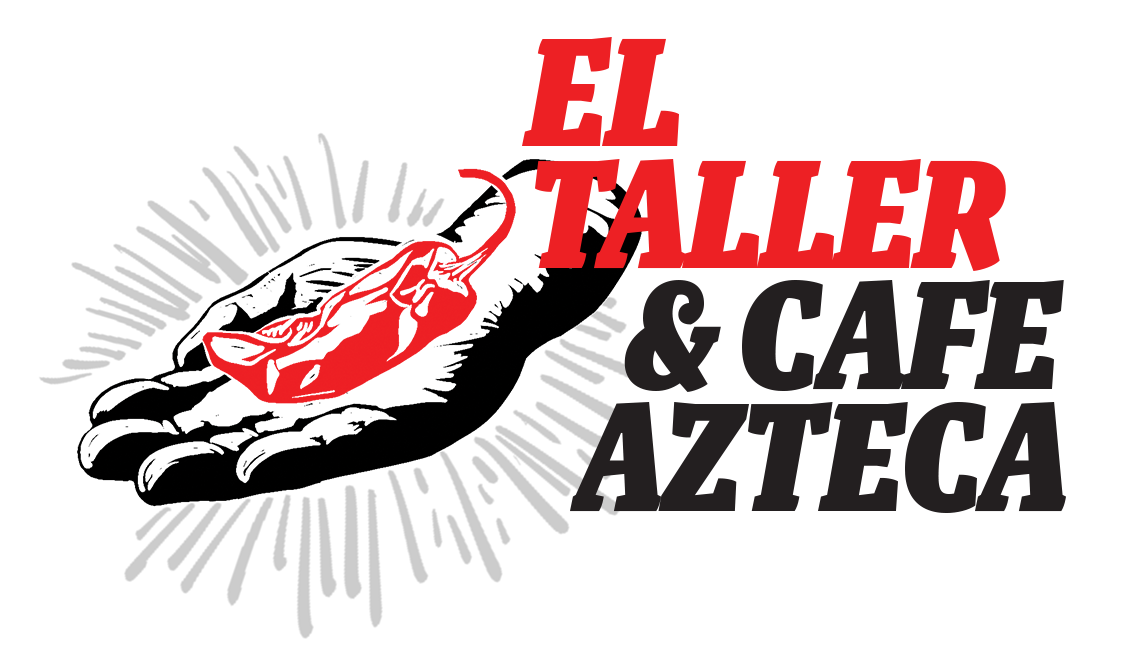Gladys Wangeci Gitau-Damaskos
“there’s the truth and there are other things”
“My debut book “there’s the truth and there are other things” is a multimedia collection of poetic artifacts from my life over the last five years. When I was younger, I was a writer and a journalist (shout out to What’s Good in the Hood) but when I left for college, I lost my voice trying to carry other people’s secrets. It took me years to trust myself again but along the way I wrote notes in all the margins I could find, anywhere I felt was quiet enough to scribble a small truth. The process of putting this together felt like a purging of emotional blockage that was keeping me from making the writing and art I was meant to be producing. I can breathe so much lighter now that it’s out in the world. I hope this collection can inspire others to speak their truths, no matter how difficult or how long the journey.”- Gladys Wangeci Gitau-Damaskos
Freshwater by Akwaeke Emezi
“In Akwaeke Emezi’s Freshwater Ada is born an ogbanje, a malevolent Nigerian spirit cursed to bring pain to its family. As a result, Ada’s body houses powerful gods that lay dormant until Ada moves to college in America and endures an assault. The event splits the veil between life and death, leaving Ada as a passenger in own her body and mind. In Emezi’s debut novel about their own experiences as an ogbanje, they write poetically about life-altering experiences, giving space and name an African queerness, mental illness, and trauma. I highly recommend this book to everyone, especially to African parents who struggle to understand their children’s queerness and mental illness.” - Gladys Wangeci Gitau-Damaskos
ABOUT THE AUTHOR
Akwaeke Emezi is an Igbo and Tamil writer and artist based in liminal spaces. Born and raised in Nigeria, they received their MPA from New York University and was awarded a 2015 Miles Morland Writing Scholarship. They won the 2017 Commonwealth Short Story Prize for Africa. Their work has been published in various literary magazines, including Granta. Freshwater is their debut novel.
Bodymap by Leah Lakshmi
“Bodymap by Leah Lakshmi Piepzna-Samarasinha is collection of poetry that explores what its like to experience pleasure with a disability. Leah Lakshmi Piepzna-Samarasinha, a queer Sri Lankan poet, activist, and educator based in Oakland and Toronto, speaks from the intersection of many experiences including that of a working class queer femme looking for pleasure alongside liberation. The titular poem “Bodymap” caught my breath. The poet asks “if a map is created by conquerors and the unconquered /if the empire can shrink africa but africa remains how big she is/these maps can be rewritten / re write my body.” Leah Lakshmi Piepzna-Samarasinha’s imagining of the body as both a permanent and imagined place gives us new ways to survive and celebrate this corporal experience, regardless of the vessel we inhibit. “ - Gladys Wangeci Gitau-Damaskos
ABOUT THE AUTHOR
Winner of the 2012 Lambda Literary Award, Leah Lakshmi Piepzna Samarasinha is a queer disabled femme writer, teacher and performer of Burgher/Tamil Sri Lankan, Roma and Irish ascent. The author of Bodymap, Love Cake and Consensual Genocide and the co-editor of?The Revolution Starts At Home: Confronting Intimate Violence in Activist Communities, her writing has been widely anthologized. She is the co-founder of the queer people of color arts incubator Mangos With Chili, a lead artist with Sins Invalid and co-founder of Toronto's Asian Arts Freedom School. In 2010 she was named one of the Feminist Press? 40 Feminists Under 40 Shaping the Future. Her first memoir, ?Dirty River, is forthcoming from Arsenal Pulp Press in fall 2015.
Citizen by Claudia Rankine
“I actually bought my copy of Citizen by Claudia Rankine’s Citizen from El Taller. It was an accessible read I picked up while waiting for an order. The short stream of consciousness-style excerpts validated many suspicions I had about this world that I must navigate as a Black woman. What especially caught my attention was Rankine’s project to critique the racialized and gendered lense used to analyze Serena WIlliams in her ascension to be the greatest athlete of her time. When I read this book, I knew immediately that the icky feelings I often felt when I saw anyone other than Black women speak about Black women were valid, too, and what a gift that is.” - Gladys Wangeci Gitau-Damaskos
ABOUT THE AUTHOR
Claudia Rankine is the author of three collections of poetry: Nothing in Nature Is Private, The End of the Alphabet, and Plot. She teaches at the University of Georgia.





